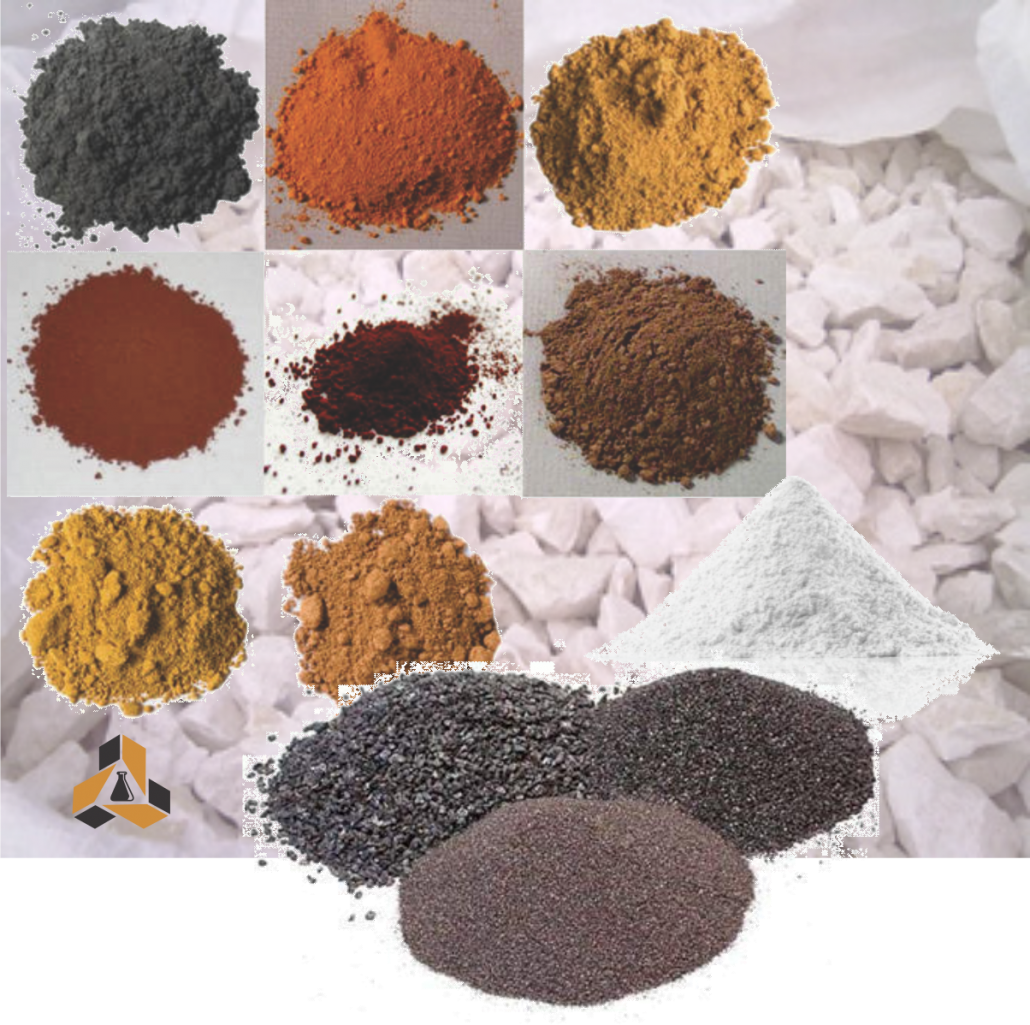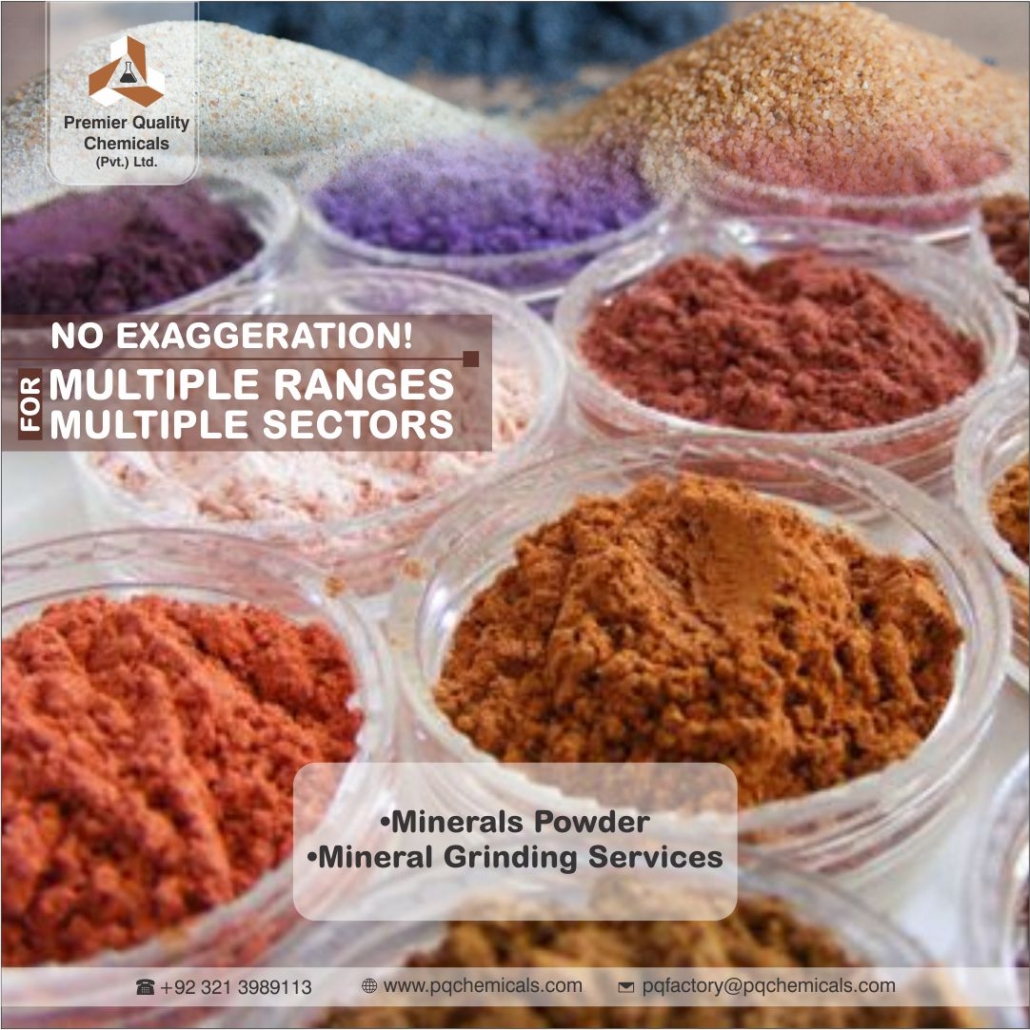How To Achieve Growth of Chemical Industry in Lahore Pakistan?

The Chemical Industry in Lahore Pakistan During 2015-16, The chemical industry in Pakistan produced 345,000 tons of soda ash, 63,000 tons of sulfuric acid, and 12,000 tons of chlorine gas. The chemical industry produces six hundred and eighty-one million grams of various products, including polishes, creams, footwear, and detergents. It is one of the oldest […]
Where to Buy Chemicals in Lahore Pakistan?

If you need a variety of chemicals for your projects, Lahore is a great place to look. PQ Chemical, a leading importer, and distributor in Pakistan, offers a diverse range of industrial chemicals. Their chemical suppliers offer a full range of chemical supplies for industrial use, including laboratory, biochemical, and cultural media. These companies also […]
Chemical Dealers in Lahore | Pakistan Chemical Industry

Chemical Dealers in Lahore There are numerous chemical dealers in Lahore. Each of these companies produces different kinds of chemicals. Some of these companies also provide services to other industries. These suppliers also supply high-quality and safe chemicals. These firms also have a long history of providing high-quality and safe chemical products to the industry. […]
Chemical Market in Lahore | Chemical Suppliers in Lahore
The Chemical Market in Lahore comprises several different sectors. The most important ones are plastics, dyes & pigments, pharmaceuticals, and fertilizers in the Chemical market in Lahore. These chemicals are produced in smaller quantities but have higher value addition. The Pakistani chemical industry has tremendous potential but has yet to use it to its fullest. […]

